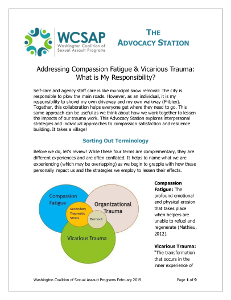Process vs. Outcomes
It's well understood that evaluation is a necessary component of sexual violence prevention - most curricula includes materials such as post-tests and surveys so that facilitators can gauge its effectiveness. These tools are often focused on outcomes, or in other words, they measure the impact of the entire program after it is finished. Another way of evaluating involves analyzing the effectiveness of the process. For example, if someone's goal is to run a…
